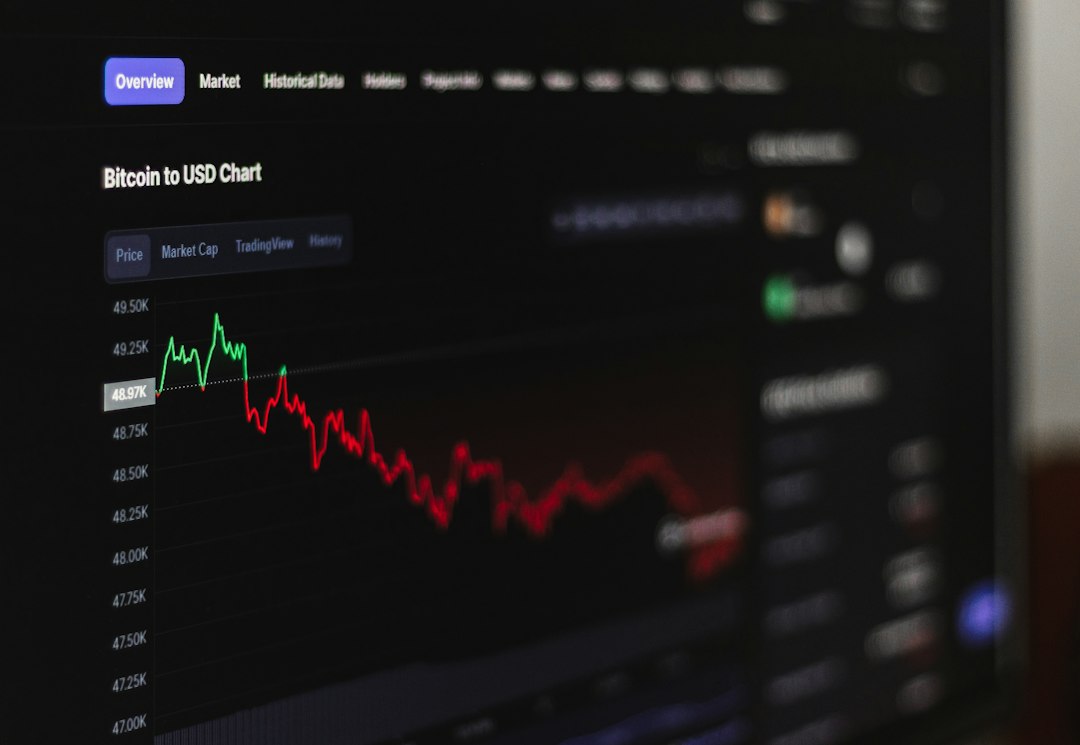Is BlackRock’s Purchase of an LNG Facility the Right Move?
BlackRock, amidst facing fear, uncertainty, and doubt (FUD) and awaiting a decision on its Bitcoin ETF application, has acquired Exxon Mobil’s majority stake in an $881 million liquified natural gas (LNG) terminal in Italy. This purchase comes after winning a bidding war for the LNG terminal, located nine miles off Veneto’s coast. The facility is crucial for Italy’s domestic production as the nation aims to reduce its reliance on Russian energy.
BlackRock and Environmental Responsibility
BlackRock’s commitment to environmental, social, and governance (ESG) principles has raised concerns among many. Recently, the Nebraska Investment Council voted to transfer half of its $7.3 billion investments from BlackRock to Northern Trust due to worries about ESG compliance. GOP presidential hopeful Vivek Ramaswamy has strongly criticized BlackRock’s investment policies and referred to it as part of a powerful cartel pushing ESG agendas onto corporate boards.
LNG and Its Effects on the Planet
Environmental organizations argue against LNG due to its negative impact on the environment. The Natural Resources Defense Council (NRDC) highlights that LNG is more carbon-intensive and increases the risk of methane leakage compared to regular gas. In the United States, LNG export facilities undergo a thorough review process by regulatory bodies. However, by acquiring a majority share in an Italian LNG facility, BlackRock will have control over operations outside US regulators’ oversight.
Hot Take: Balancing Investments and ESG Principles
BlackRock’s purchase of an LNG facility raises questions about its dedication to ESG principles and its push into the cryptocurrency and ETF space. Critics argue that such acquisitions contradict BlackRock’s supposed commitment to environmental responsibility. As the company awaits a ruling on its Bitcoin ETF application, concerns over environmental devastation could add to the fear, uncertainty, and doubt surrounding BlackRock’s actions.





 By
By
 By
By
 By
By
 By
By
 By
By